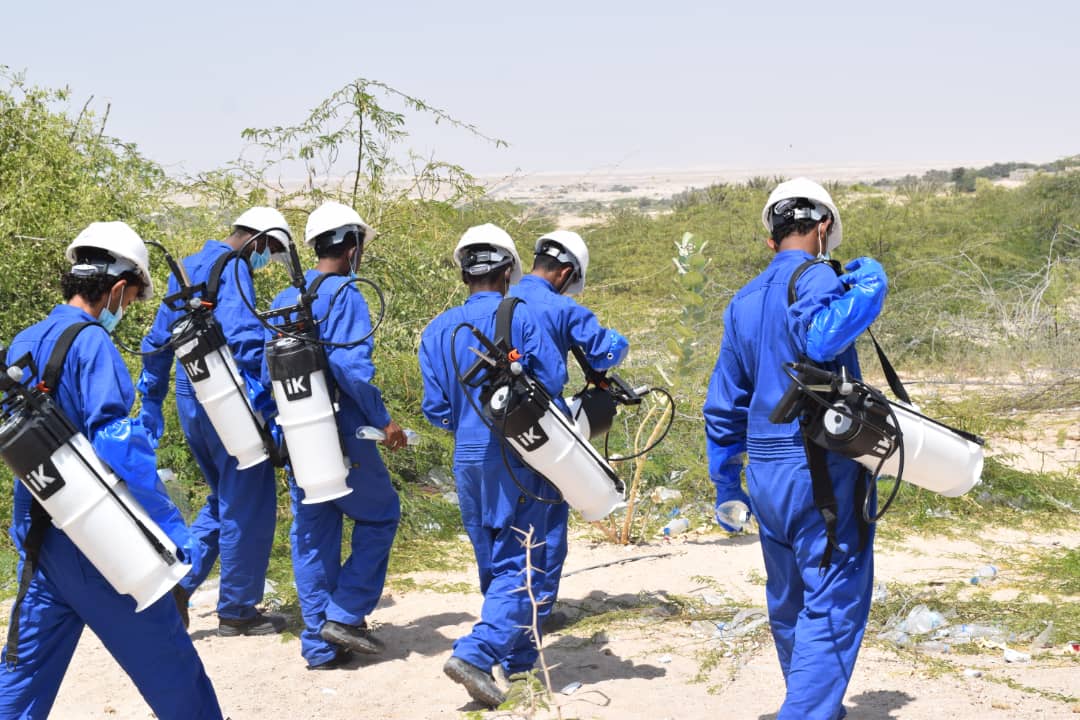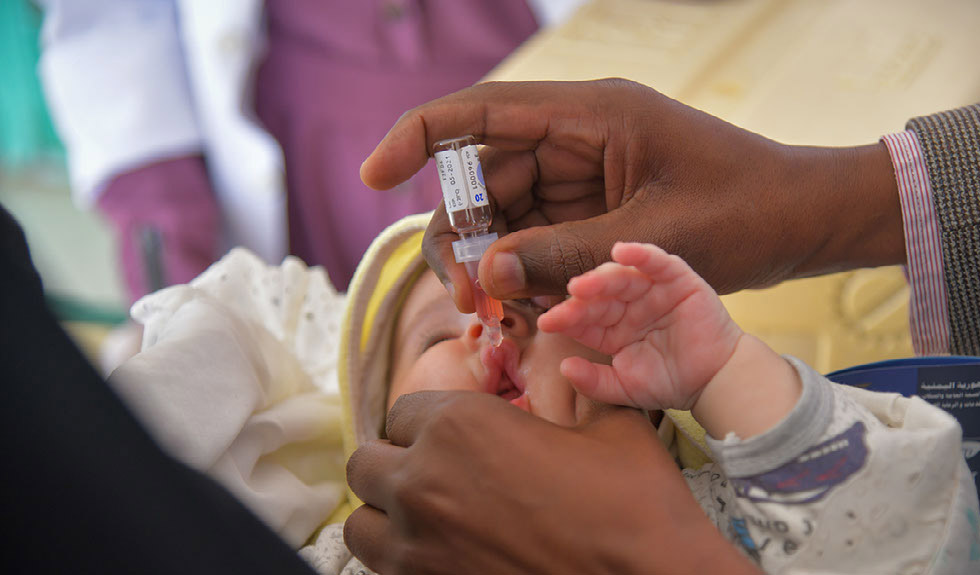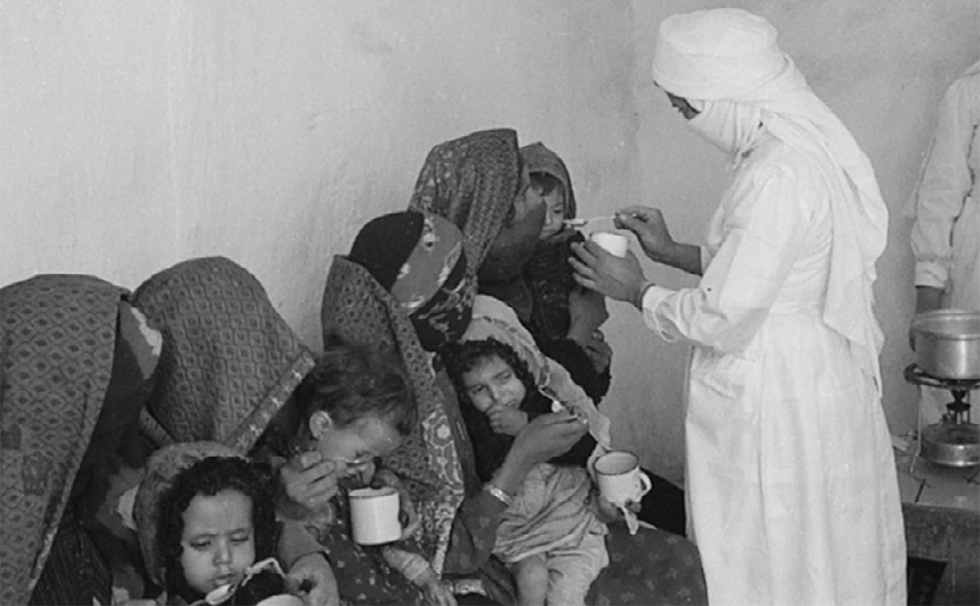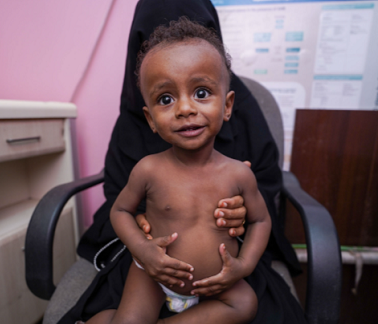Stopping malaria at the source

23 April 2023, Sana’a – More than 21 million people in Yemen are estimated to live in areas at risk of malaria, with more than 1 million malaria cases estimated to occur every year.
To curb the huge threat to health posed by the disease, WHO recommends indoor residual spraying (IRS) and use of insecticide-treated bed nets as core vector control interventions in malaria-endemic areas.
Before the campaign, detailed microplanning was conducted based on WHO criteria for IRS application. The majority of houses fitted the criteria and the vector was susceptible to the insecticides proposed to be used in the campaign.
The 54 districts were reclassified into 27 spraying regions based on geographical reconnaissance and geocoding. An additional 243 819 internally displaced people were covered in Abs district in Hajjah governorate during implementation of the campaign.
The campaign involved 1854 spraying workers, 473 spraying team leaders and 109 field supervisors. Around 500 female community health and education volunteers also participated in the campaign, with funding from other sources via WHO.
WHO will build on these results by assessing the climate-related risks of malaria and other climate-sensitive diseases, supporting the authorities to develop a national strategy for vector-borne diseases, producing rapid diagnostic tests and treatment supplies, and distributing insecticide-treated nets and conducting further campaigns as needed.
Vaccine-preventable diseases continue to spread in Yemen

Daunting challenges to immunization efforts are disproportionately affecting the youngest children
It’s not just polio. Against the backdrop of ongoing conflict, widespread malnutrition and shortages of food and medicine, one of Yemen’s fastest growing problems, is, ironically, easily solvable: multiple outbreaks of vaccine-preventable diseases.
The numbers are daunting. Yemen recorded more than 22,000 measles cases in 2022, including 161 deaths. In 2023 to date, cases have already spiked to 9,418, with 77 children dead. Diphtheria and pertussis – whooping cough – cases are also on the rise, as are deaths from each disease.
World Health Day 2023: commemorating seven decades of public health history in Yemen
Health is a state of complete physical, mental and social well-being, and not merely the absence of disease or infirmity. — WHO Constitution

When diplomats met to form the United Nations in 1945, one of the earliest things they discussed was the setting up a global health organization. On 7 April 1948, the World Health Organization (WHO) was born and celebrated with the first-ever World Health Day.
Five years later, in 1953, Yemen became the 81st country to join the WHO.
This year’s World Health Day marks WHO’s 75th birthday, and its 70th year of service to the people and government of Yemen.
Acute food insecurity threatens child survival across Yemen
 Young Yemeni boyWith continued support from the King Salman Humanitarian Aid and Relief Centre (KSrelief), the World Health Organization (WHO) is providing essential medicines, medical supplies, equipment, and training to eight high-priority hospitals in Yemen to treat severe acute malnutrition (SAM) among children under five.
Young Yemeni boyWith continued support from the King Salman Humanitarian Aid and Relief Centre (KSrelief), the World Health Organization (WHO) is providing essential medicines, medical supplies, equipment, and training to eight high-priority hospitals in Yemen to treat severe acute malnutrition (SAM) among children under five.
Eight long years of grinding conflict has devastated Yemen’s economy, while widespread food shortages and soaring prices have pushed about half of the country's population of 31.6 million people into acute food insecurity. Of this number, 1.15 million children under age 5 are presently suffering from moderate acute malnutrition (MAM), and another 540 000 children under 5 are suffering from severe acute malnutrition (SAM) – with a direct risk of death.








